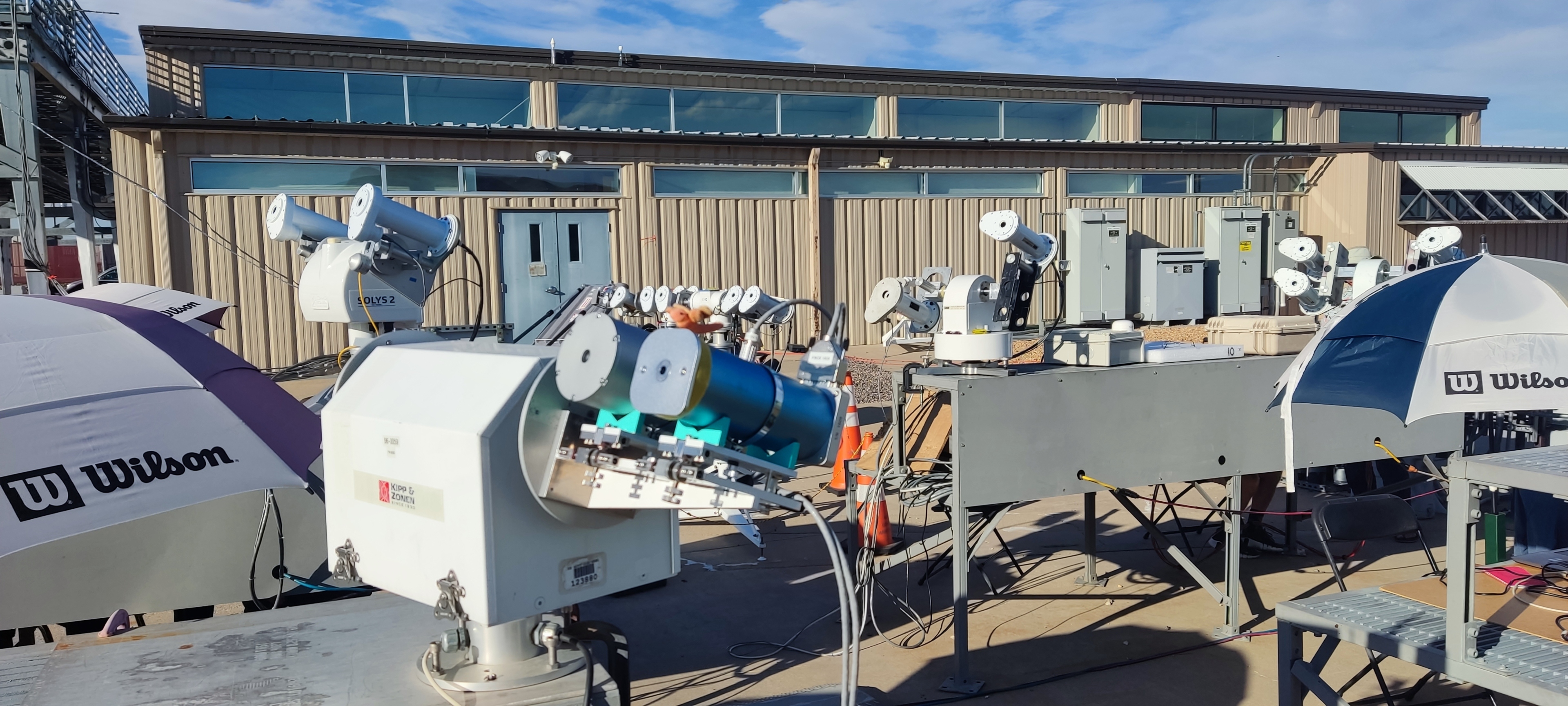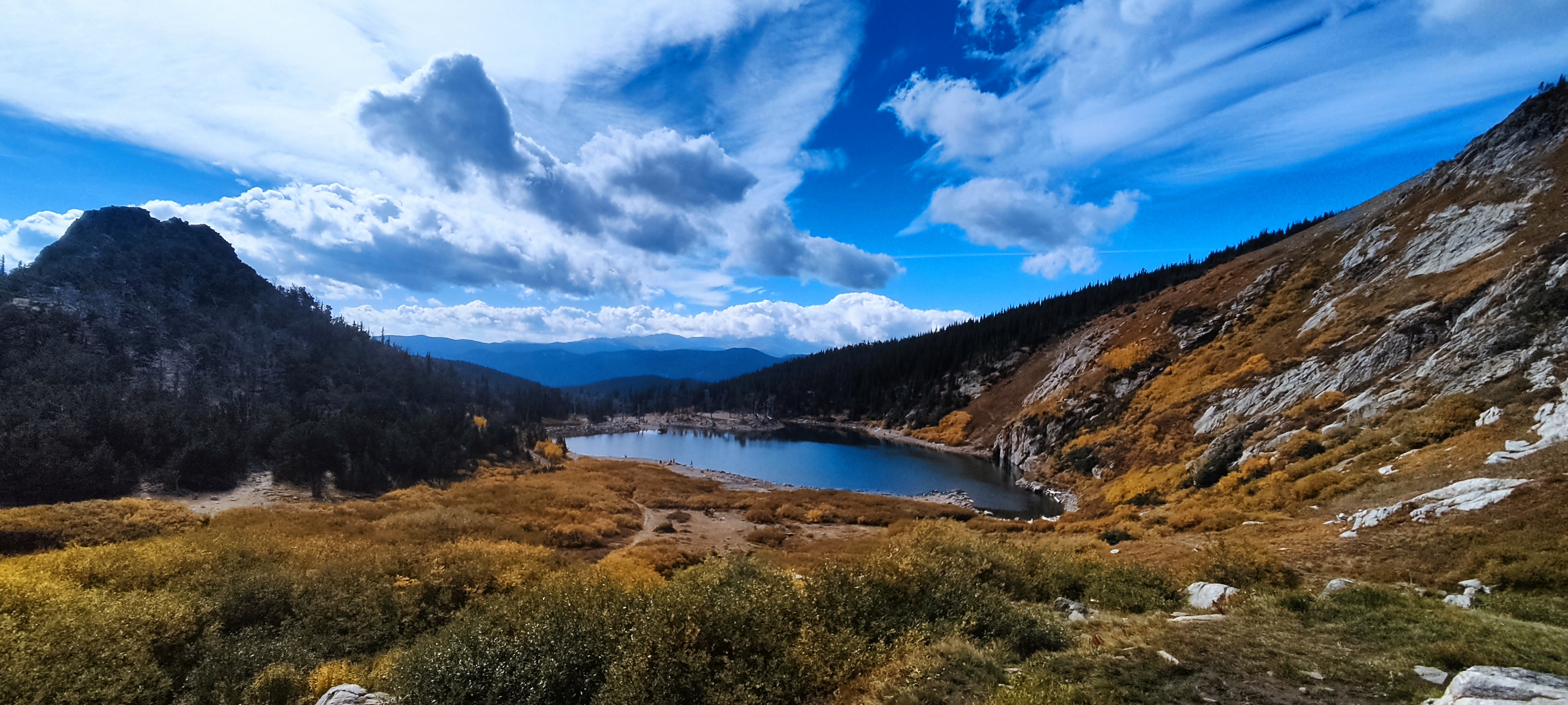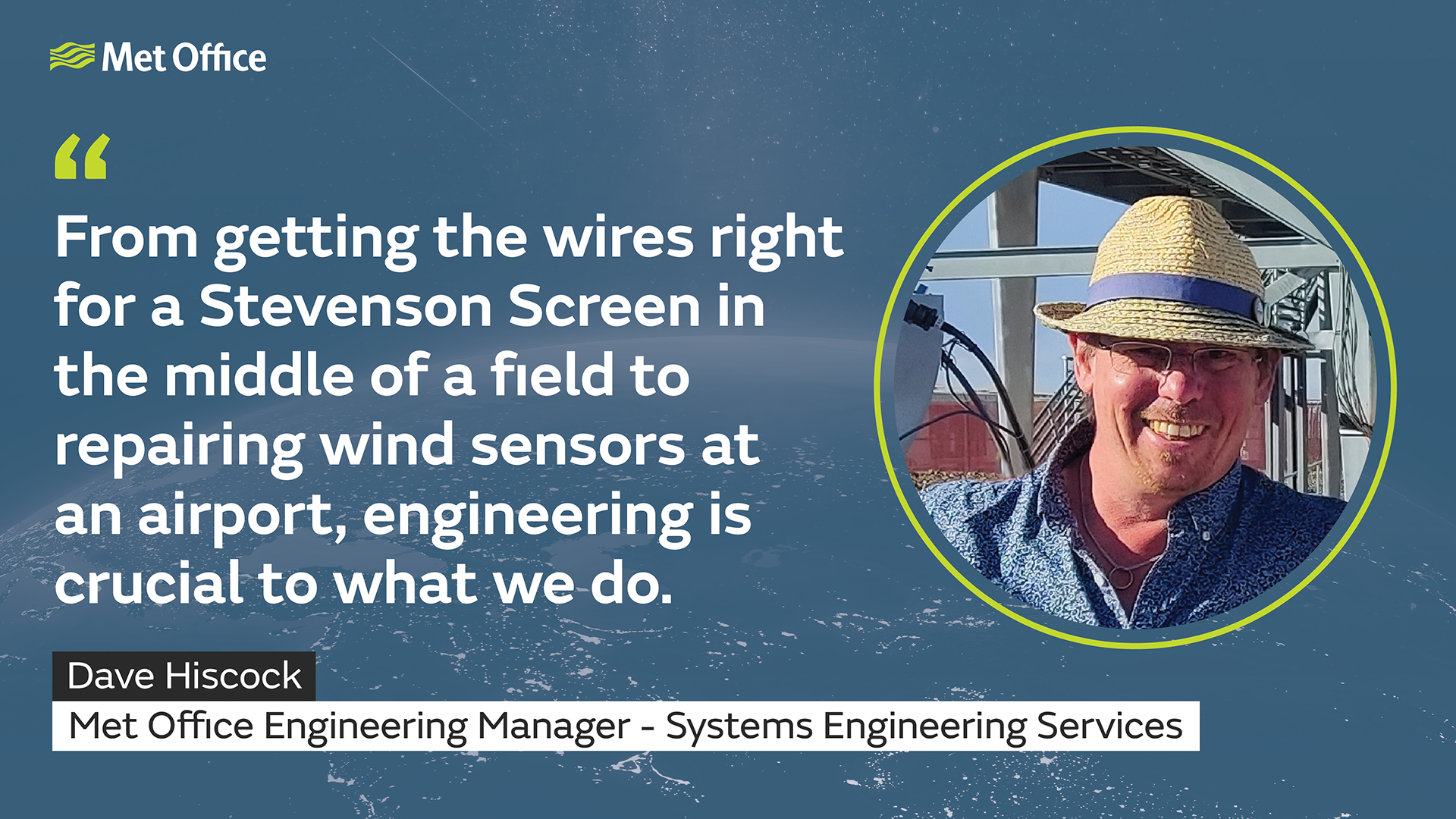From music to meteorology: engineering my career for good
Dave Hiscock discusses how he’s built a career in engineering and overcome setbacks to make a difference at the Met Office.
1. What is your career background?
I’ve always had a keen interest in engineering. As a child, I dismantled all sorts of electronic devices to ‘see how they worked’ and then tried to fix them. I studied physics and electronic systems at college, and later worked as a test engineer for a small manufacturing company, but I had little prospect of career development with them. So, I decided to combine my passions for music and technology by doing a degree in music systems engineering. Afterwards I worked in engineering within the music industry. My first job involved refurbishing and repairing vintage professional recording equipment. Then, I worked as a senior test engineer, focussing on the evolving field of digital cinema processing. After being made redundant twice, I joined the Met Office as a Field Service Engineer based near Salisbury.
2. Why did you join the Met Office, and what have you done so far?
I’ve always relished new challenges, because they tend to involve meeting different people, getting to know them and their work, and finding ways to help them. Joining the Met Office presented an opportunity for me to move forward in my career, while being able to make a difference to the organisation and our customers.
I progressed to become a Senior Engineer, with a responsibility for designing automatic weather stations. This involved meeting with stakeholders to define the requirements of weather stations, then liaising with contractors to build the groundworks, and finally supporting our own engineering teams to install and commission the instrumentation. This equipment helps us measure the atmospheric conditions generated by weather systems and provide data that can be used to inform future forecasts.
Now I work in a management role, which means I can help shape our working strategy for working processes, and support team members to develop their skills and flourish.
3. What are your key responsibilities?
I’m based at a large army camp in Wiltshire, and I share the office with a team of operational meteorologists and a field service engineering team. This enables me to see us gathering our weather observations, from instruments and delivering our weather services to our customers. I also get some insight into the military and the value of our work within the sector.
As an engineering manager, I talk through plans and ideas with colleagues, essentially ‘getting our ducks in a row’, so our team can work as efficiently as possible. I also help manage the maintenance and upgrading of weather station infrastructure, the development and implementation of our workforce recruitment strategy including supporting team apprentices, and the rollout of new ways of working within our team. Additionally, I’m part of an expert team within the World Meteorological Organization, giving support and advice for developing nations to improve their weather observing capabilities.
 Dave visited Colorado in the USA to ensure instruments measuring the sun's radiation are calibrated according to international standards
Dave visited Colorado in the USA to ensure instruments measuring the sun's radiation are calibrated according to international standards
4. Can you tell us about a recent highlight you've had with work?
I travelled to Colorado, USA to ensure the instruments that measure the sun's radiation are calibrated according to international standards, which the Met Office has a responsibility to do. The instruments are delicate and sensitive, and need to be mounted onto a tracker to ensure they are perfectly aligned with the sun. We also have to adhere to strict timings and ensure our observations agree with those obtained by other experts.
My favourite aspect of the trip was being able to build and foster mutually beneficial working relations with scientists, engineers, manufacturers, and subject matter experts from around the world. It also provided an opportunity to consolidate and glean my knowledge and experience a different culture.
5. What do you like about working with the Met Office?
I like the range of activities and opportunities within my role, and I find it rewarding to help other people develop their careers. I’ve found the Met Office to be a welcoming, supportive and flexible place to work, which means I have time to support my family and get a good work-life balance. I like our instant recognition scheme, allowing us to reward and thank our colleagues for doing a great piece of work or going the extra mile.
6. What difference does Met Office engineering make?
From getting the wires right for a Stevenson Screen in the middle of a field to repairing wind sensors at an airport, engineering is crucial to everything we do. Our observations undergo many checks and balances to verify their accuracy and reliability. This data is crucial, because it forms the basis of weather and climate forecasts, which enable us to help people in the UK and around the world to stay safe and thrive.
 Dave and others were able to visit Saint Mary's Glacier, Colorado during his trip.
Dave and others were able to visit Saint Mary's Glacier, Colorado during his trip.
This blog was published in December 2023
Find out more about working with the Met Office



